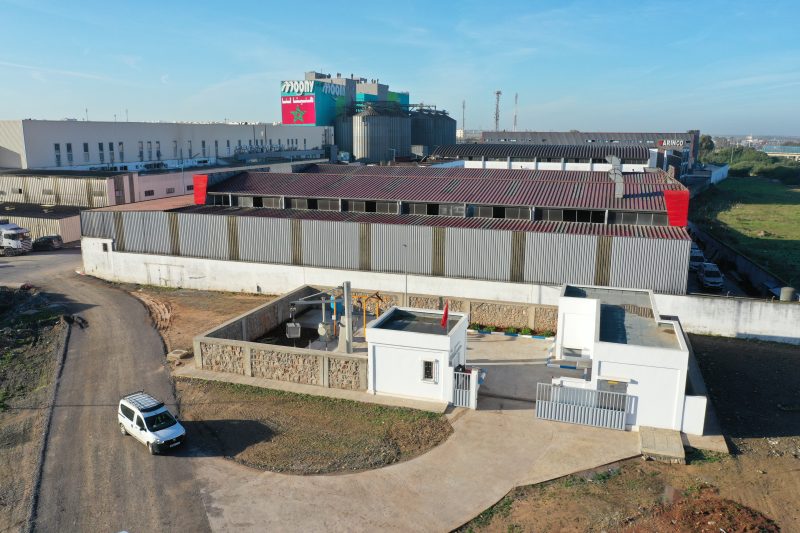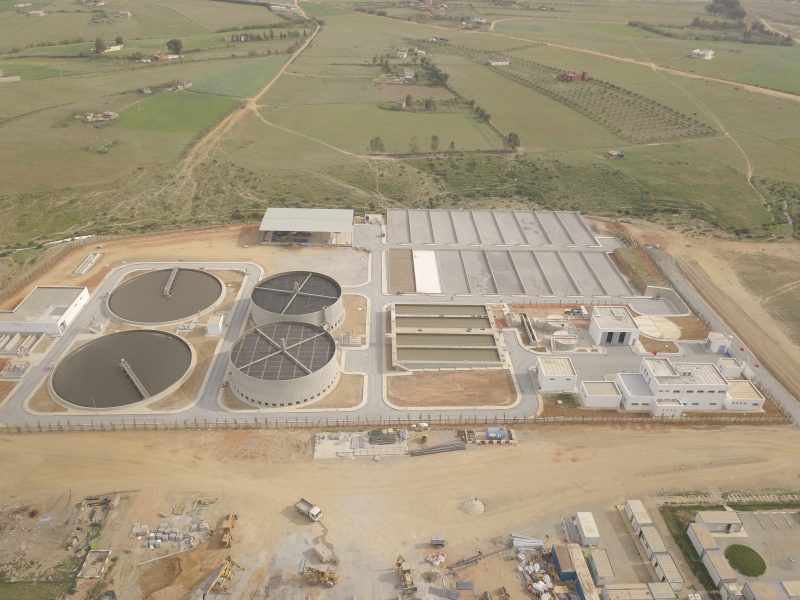Well-managed industrial parks are the foundation of a strong manufacturing sector and a diversified economy. The Millennium Challenge Corporation’s Employability and Land Compact has fortified Morocco's foundation to catalyze industrial and economic growth.
Industrial parks are areas that are zoned and planned for industrial development, rather than for commercial or residential purposes. The availability of well-located and well-run industrial parks, with high quality infrastructure and services, has been a major challenge to businesses looking to establish their operations in Morocco. To address this constraint, MCC invested $131 million in Morocco’s industrial land sector to introduce a market-driven blended finance approach for developing industrial parks, with a focus on good governance and long-term sustainability.
Thanks to this investment, Morocco has gained eleven new or improved industrial parks, from the north in Tangiers to the south in Agadir. In addition, the Government now has a better way of developing such parks that leverage private sector expertise and financing, respond to business demands, create jobs, and protect the environment.
Three industrial parks were developed or upgraded using a public-private-partnership (PPP) approach, with the public partner being represented by the Government of Morocco through MCA-Morocco. As such, MCA-Morocco prepared the project, provided the land at a discount, and constructed the major “off-site” infrastructure such as wastewater treatment plants, paved roads, and adequate lighting.
This public contribution is critical for making the sites attractive to a private developer, who will then invest their own financing to develop and market the industrial parks and ensure their long-term operation at high standards of service, environmental and social protection, and governance.

Bouznika Park Industries (BPI) in Casablanca is the first industrial park that was created as part of this project and represents Morocco's first-ever industrial park developed through a PPP.
Annie Thompson
Another eight parks were developed or upgraded with financing from a leverage grant facility called FONZID (“Fond pour les Zones Industriels Durables”). Leverage grant facilities are an effective mechanism for amplifying impact by leveraging investment from project sponsors and promoting innovation. The projects were competitively selected based on capacity of the project sponsors and the projected economic, social and environmental benefits.
According to Atifa El Bali, the MCA-Morocco FONZID Director, “FONZID has been able to set up a sustainable and inclusive industrial park model which places environmental protection, social inclusion, entrepreneurship, innovation and viable and sustainable governance at the heart of the investment and provides a competitive and attractive land offer to industrial investors and users of the industrial park.”

A new wastewater treatment facility serving Ain Johra Industrial Park and the neighboring town of Tiflet, developed as part of the FONZID leverage grants facility.
Annie Thompson
MCC also supported the capacity-building of the Ministry of Industry and other industrial stakeholders so that Morocco is poised to scale up this new industrial park model in the future. In addition, MCC supported the design of a new legal framework for industrial land development and management that creates an enabling environment for the model to flourish. The new legal framework was adopted by Parliament in February of this year.
MCC is already seeing a promising return on its investment. This February, the Government of Morocco launched a second call for FONZID projects and provided $15 million of its own funding to crowd-in private investment.
The industrial land program serves as an example of what can be achieved with innovation and collaboration between the public and private sectors. MCC hopes that this innovative model will continue to bear industrial-size fruit far into the future by improving industrial parks in Morocco that attract investment, catalyze job-creation, and protect the planet.

